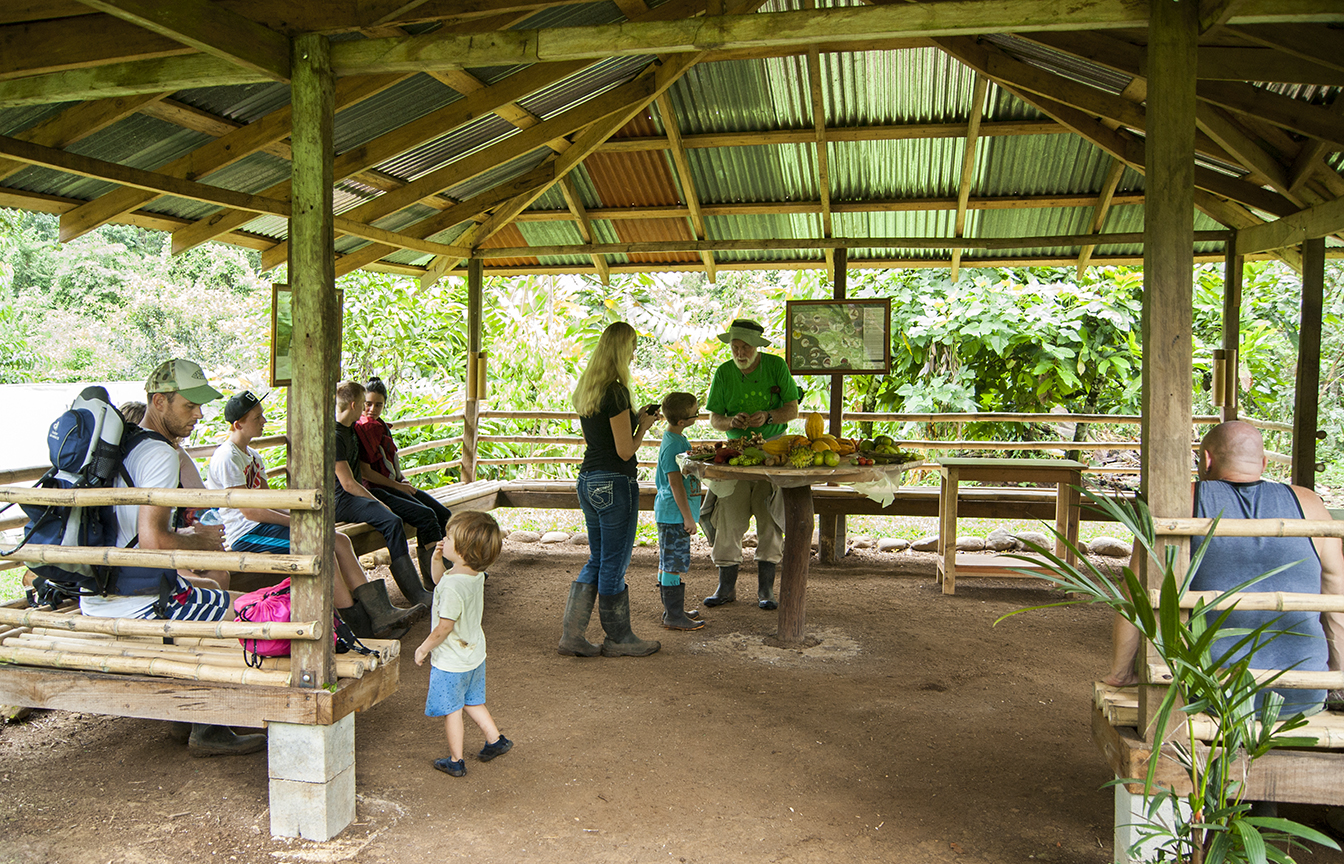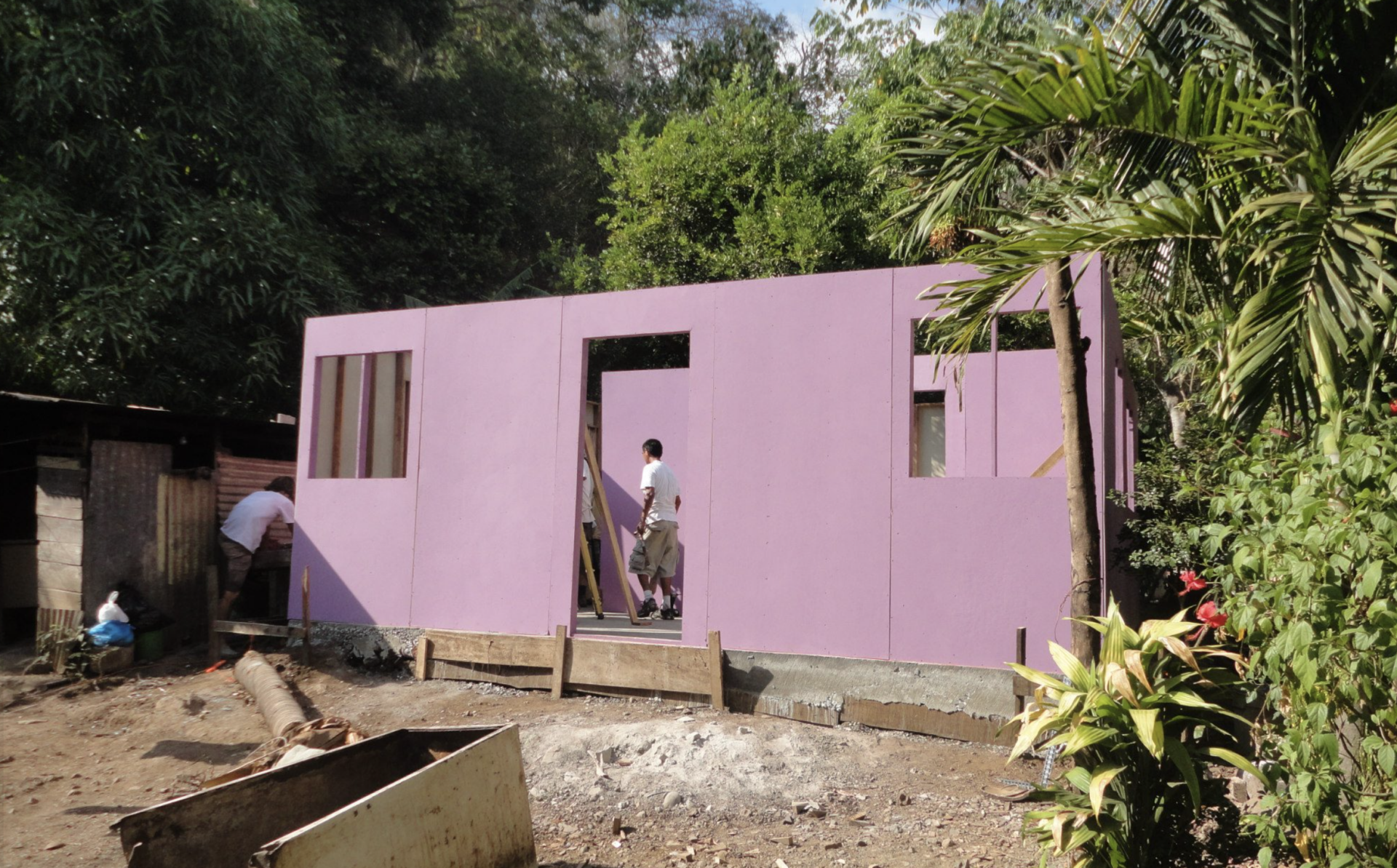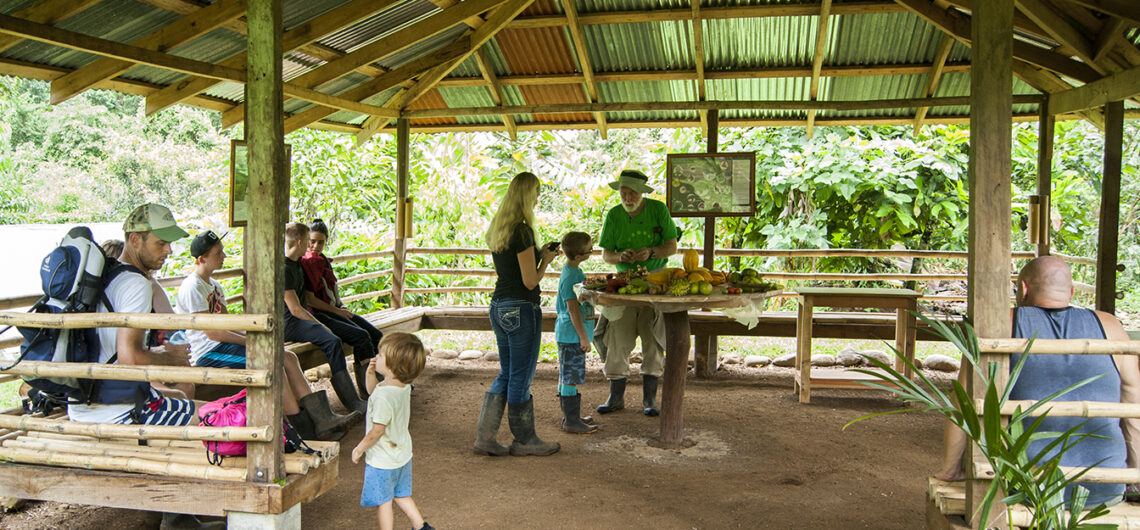In the realm of wellness and self-discovery, the connection between human beings and the environment is profound. At True Nature Travels, we believe in fostering a deep love for the environment by integrating sustainable practices into our retreat planning. Join us as we explore how conscious choices can transform your retreat into a celebration of love for Mother Earth.
1. Choose Eco-Friendly Accommodations:
Opt for accommodations that prioritize sustainability. Look for venues with eco-friendly certifications, green building practices, and a commitment to reducing their environmental impact. From energy-efficient lighting to water conservation initiatives, your choice of accommodation can significantly contribute to the overall sustainability of your retreat.
2. Minimize Waste with Thoughtful Logistics:
Design your retreat logistics with waste reduction in mind. Encourage participants to bring reusable water bottles and provide water-refill stations to minimize single-use plastic. Use compostable or reusable dining ware during meals, and work with local suppliers who share your commitment to sustainability.

3. Support Local, Sustainable Cuisine:
Explore local, organic, and seasonal food options for your retreat menu. Supporting local farmers not only boosts the regional economy but also reduces the carbon footprint associated with transporting food long distances. Highlighting the richness of local cuisine adds a unique flavor to your retreat experience.
4. Incorporate Nature-Based Activities:
Maximize the natural surroundings of your retreat location by incorporating nature-based activities. From guided hikes and outdoor yoga sessions to beach clean-ups and tree planting, these activities not only connect participants with nature but also instill a sense of responsibility towards environmental stewardship.
5. Environmental Education Workshops:
Integrate workshops or talks that focus on environmental education. Invite local experts or conservationists to share insights on sustainable living, wildlife preservation, and eco-conscious practices. Empowering participants with knowledge creates a sense of shared responsibility for the environment.
6. Offset Carbon Emissions:
Consider offsetting the carbon emissions associated with travel to and from your retreat location. Collaborate with reputable carbon offset organizations that invest in environmental initiatives, such as reforestation projects or renewable energy development. This step can enhance the overall eco-friendliness of your retreat.
7. Mindful Gift Giving:
If you choose to provide gifts or mementos for your retreat participants, opt for sustainable and eco-friendly options. Consider items such as reusable tote bags, bamboo utensil sets, or locally sourced, handmade products that align with your commitment to environmental consciousness.
8. Engage in a Community Service Project:
Leave a positive impact on the local community and environment by organizing a community service project as part of your retreat. This could include volunteering for environmental conservation initiatives, cleaning up local parks, or supporting local sustainability projects. 



